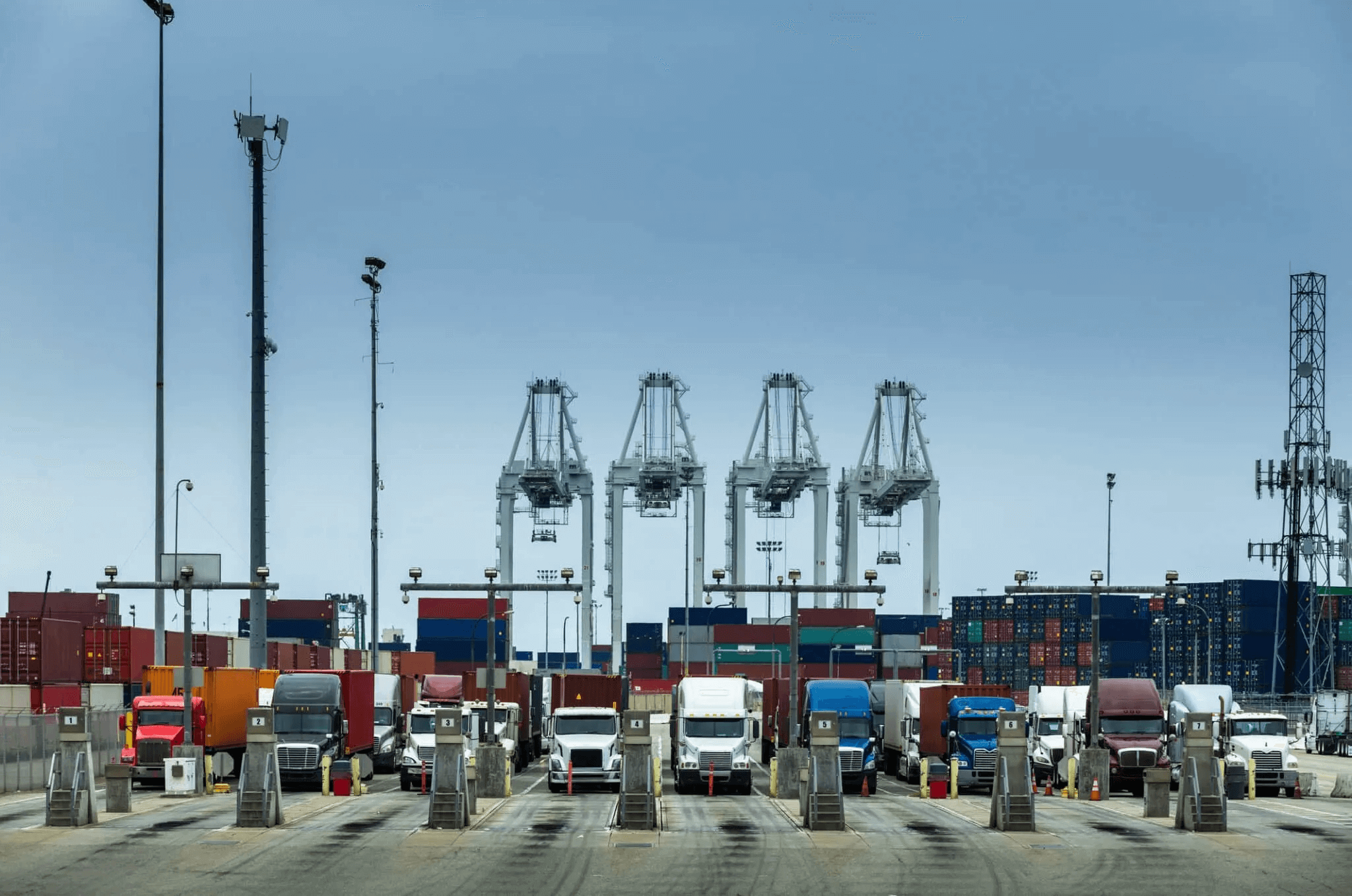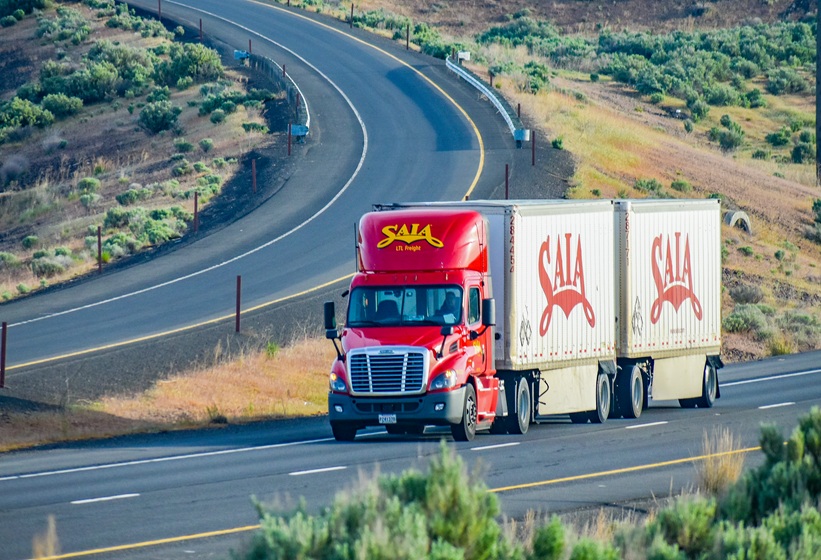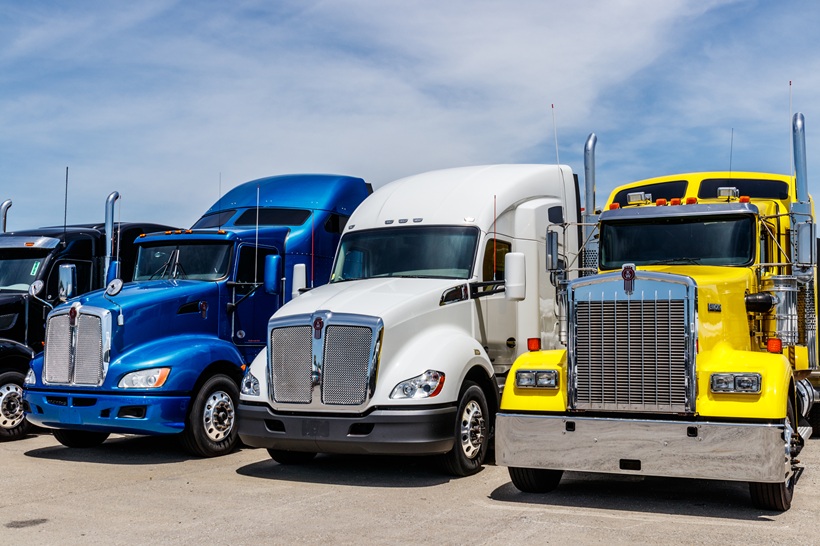
Trucking News: Amazon, Port Congestion, CTPAT Pilot Program, & More
Ready for Prime time
While online shoppers wait for Amazon to release official dates for Prime Day, shippers have a deadline to work with: sellers that use Amazon’s fulfillment program (FBA, or Fulfillment by Amazon) have until June 20 to get their Prime Day goods into Amazon distribution centers.
Last week Amazon also announced Buy with Prime, a service where third-party merchants can use Amazon’s shipping and logistics network to fulfill orders on their own sites. The service will be available by invitation to sellers in the FBA program and expand from there. Amazon already handles orders for products sold on other websites through its Multi-Channel Fulfillment service.
COVID lockdowns could ‘reignite’ port congestion
Chinese officials reopened certain factories under strict COVID protocols and issued new supply chain guidelines, part of an effort to minimize the impact of lockdowns in Shanghai and other port cities. More than 660 businesses, many in the automotive, semiconductor, consumer electronics, and biopharma sectors, are allowed to open if workers are kept on site in a “bubble” environment instead of returning home.
While the Port of Shanghai continues to operate, vessel loading has decreased 20% to 30% and several carriers, including Maersk, are not calling on the stop. The buildup of deferred cargo could take time to draw down, FreightWaves reported; when the wave of pent-up shipments reaches U.S. ports, it will reignite congestion here on a massive scale.
The warehouse space race
Vacancy rates at U.S. warehouses are less than 4% nationally and near zero in major markets, according to a new report from Chicago-based real estate firm JLL.
“Urban coastal markets, including Los Angeles and New Jersey, and inland distribution hubs, such as Salt Lake City and Columbus, have seen the lowest vacancies on record,” JLL said. “Many tenants are being forced to expand or relocate to secondary or tertiary markets.
Tight capacity means higher rents: industrial rents in the U.S. have risen 37% over the past five years, JLL said. Many existing warehouses are inadequate, with lower ceilings, fewer dock doors, and limited parking. Building a new facility takes an average of two years compared to the historical timeline of nine months, JLL said, and costs have soared 21% compared to a year ago.
Clocking out on the FLSA
New legislation would repeal the motor carrier overtime exemption in the Fair Labor Standards Act (FLSA) and ensure that truck drivers can be compensated for overtime. Introduced by Rep. Andy Levin, D-Mich., the Guaranteeing Overtime for Truckers Act follows the U.S. Department of Transportation’s recent recommendation to eliminate the exemption to improve the supply chain.
“We know that for too long, too many people throughout the supply chain have placed little or no value on a driver’s time,” said Owner-Operator Independent Drivers Association president Todd Spencer. He said requiring overtime for truckers would force shippers and receivers to handle freight efficiently or compensate drivers for the time they are delayed at the facility.
The exemption, passed in the 1930s, was intended to prevent truckers from working too many hours. In practice, Spencer said, it prevents truckers from receiving fair compensation for all the hours they work.
A CTPAT pilot program for brokers
Non-asset brokers are a step closer to being able to use the CTPAT designation for cross-border freight.
The CTPAT or Customs Trade Partnership Against Terrorism is a voluntary government-industry program created in the aftermath of 9/11 to expedite freight across borders while keeping the border secure. CTPAT members are considered low risk and less likely to be examined at a U.S. port of entry.
Historically, the Customs and Border Protection agency has interpreted the legislation that created CTPAT as excluding non-asset-based companies. As such, freight brokers are at a competitive disadvantage: a truck booked by a broker “gets in line with everybody else” to get across the border, said Chris Burroughs, vice president, government affairs, at the Transportation Intermediaries Association.
The CTPAT Pilot Program Act of 2022 would establish a certification program for 10 DOT-licensed brokers and 10 warehouse entities. Companion bills in the House and Senate have advanced out of their respective committees but neither has been approved by the full chamber. Which 10 3PLs would receive that designation is unclear but Burroughs said they would likely be companies that do a high volume of cross-border business.



